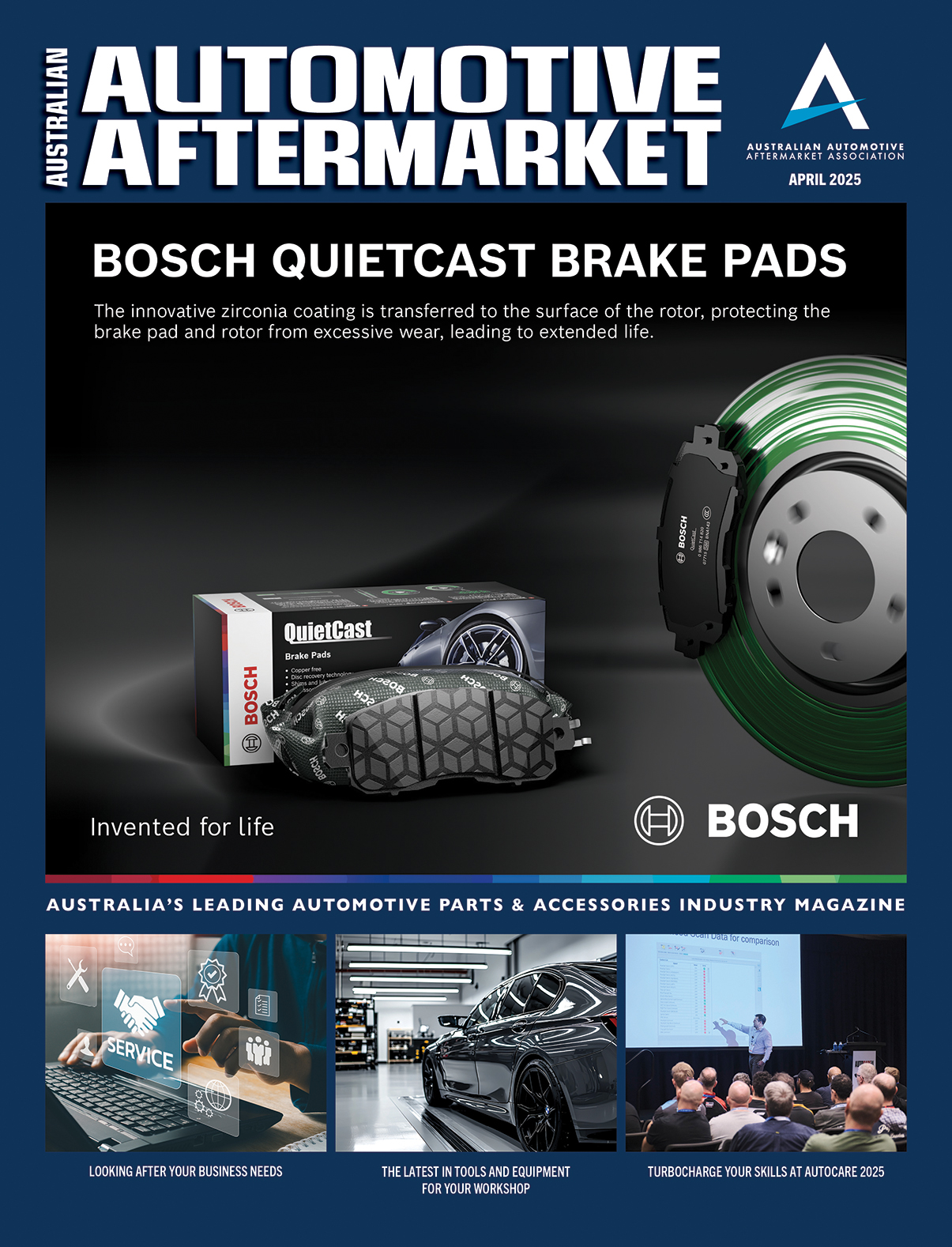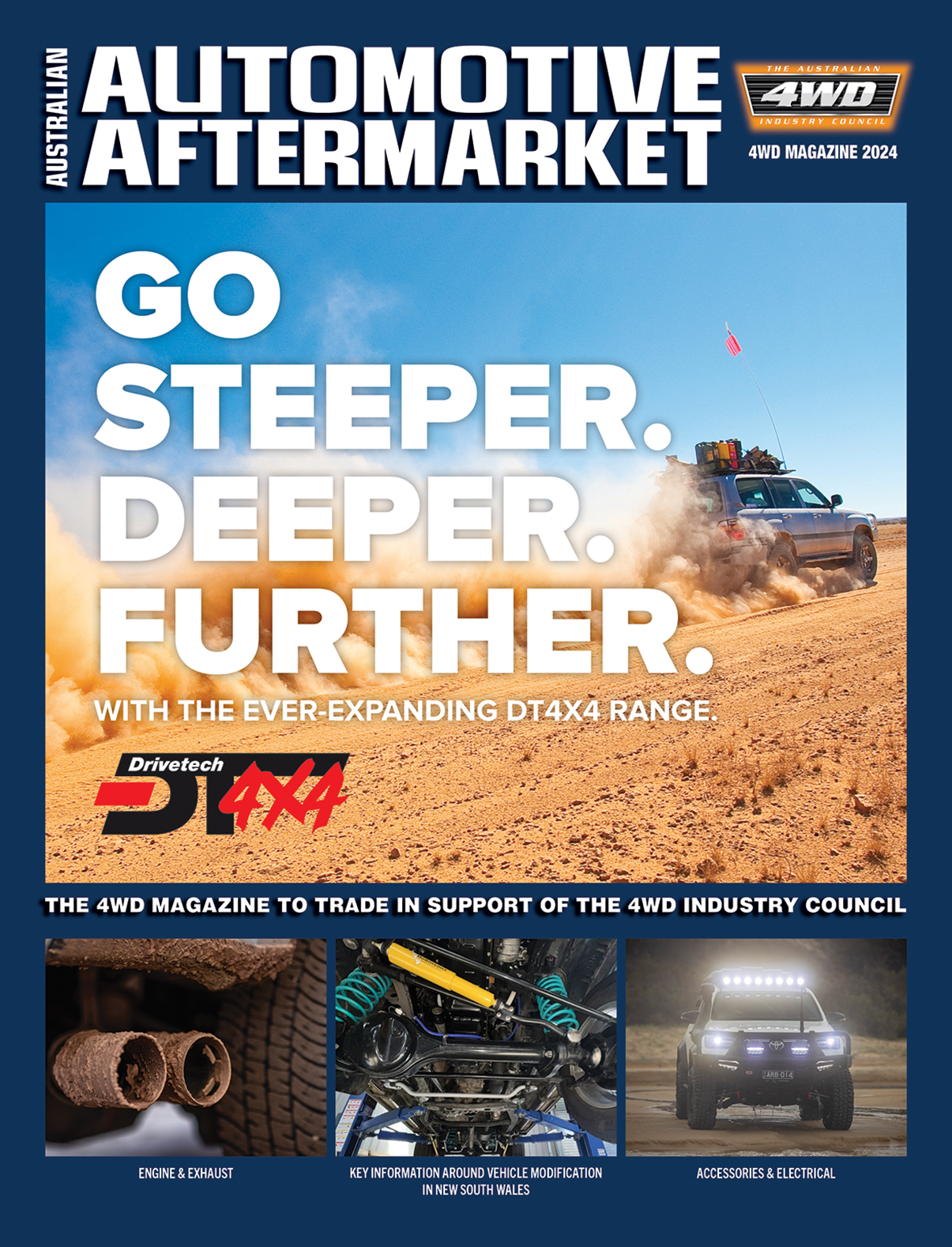AAAA WELCOMES FEDERAL GOVERNMENT’S MIGRATION STRATEGY
The AAAA believes the strategy is a step in the right direction, but cautions skills shortages are likely to remain

The Australian Automotive Aftermarket Association (AAAA) has welcomed the Federal Government’s 10-year Migration Strategy.
It states this strategy has the potential to reshape permanent skilled migration and deliver integrity and confidence in a broken system.
The introduction of a multi-year framework for this migration strategy is a positive step towards forecasting and addressing skill shortages.
This is also accompanied by a shift in focus placing skilled migration at the heart of the system which should create a streamlined approach for fast and consistent approvals.
Additionally, the AAAA says it is particularly encouraged by the government’s commitment to exploring options to reduce upfront fees for employers and welcomes further consultation to ensure that the chosen model for trailing fees is a fair one that works for businesses of all sizes and sectors.
While these initiatives, including the simplification of the migration system, the merging of visa categories, and efforts to reduce visa backlogs and clear pathways to permanent residency are steps in the right direction, the AAAA is concerned about the short-term impact on the skilled labour crisis.
“We are experiencing a perfect storm driven by the pandemic, less people entering trades and a growing diversity in the national fleet of vehicles,” AAAA Chief Executive Officer, Stuart Charity, said.
“We have more cars on our roads, enhanced complexity with new vehicle technology and less technicians to repair and service vehicles every day and every week of the year.
“The result is a crippling workforce shortage of over 30,000 technicians. It is, therefore, quite disappointing that expected improvements to trades-based skilled migration that could address current shortages, will not be addressed until later in 2024.
“Our members are struggling to keep their heads above water now, and delays in implementing key pathways like the Specialist Skills Pathway and Core Skills Pathway until the end of next year could exacerbate the skills shortage and lead to stress in the workplace and long wait times for car owners looking for urgent safety-related repairs.”
Surprisingly, the government have not taken the opportunity to address the largely unnecessary and costly processes to recognise prior skills.
AAAA members have long stated that the burdensome process of ‘requalifying’ an already qualified worker is a key issue that creates barriers for businesses looking to bring in skilled workers.
While this newly announced strategy creates a framework for positive change, AAAA is extremely concerned about the time frame and implementation process of this strategy to address current shortages and current barriers to entry for small businesses.
“AAAA has long stated that migration is not the sole fix to the current skills shortage,” AAAA Director of Government Relations and Advocacy, Lesley Yates, said.
“However, clarity on costs, visa stream requirements and recognition for prior skills is vital for small businesses who are currently taking an incredibly large risk to bring skilled workers in.
“We need to see urgent attention on the short-term needs of the industry while our long-term focus remains on training the next generation of home-grown talent.
“We are continuing to invest in the next generation of Australian technicians, but this will not happen overnight. With industry shortages forecasted for the next five years its disappointing to see the government continue to wait on the implementation of a number of these key changes.”
The Australian Automotive Aftermarket Association is the only independent national body representing and supporting the automotive aftermarket industry.
AAAA members are manufacturers, suppliers and retailers of automotive parts and accessories, tools and equipment and providers of service, repair, and vehicle modification.
To learn more about the AAAA, visit www.aaaa.com.au








